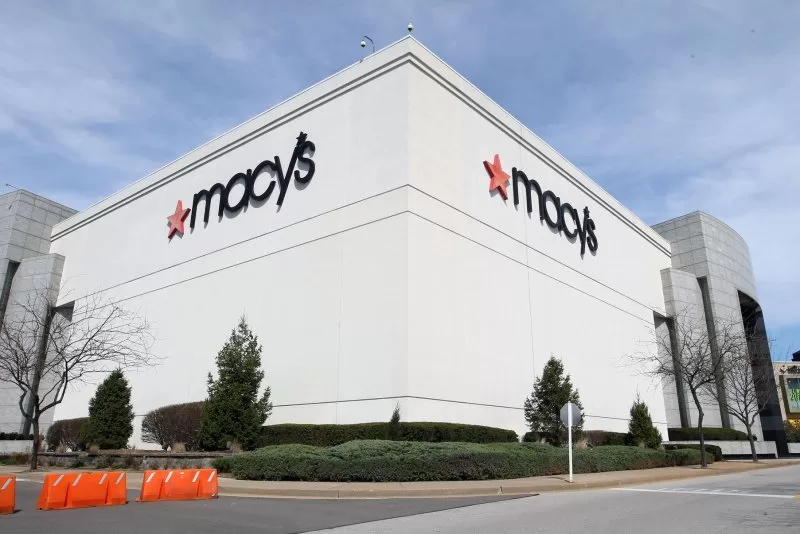July 15 (UPI) — Macy’s announced Monday it was ending negotiations with an activist investor group for a more than $6 billion buyout of the department store chain as the storied company tries to mitigate negative financial trends.
“We have concluded that Arkhouse and Brigade’s proposal lacks certainty of financing and does not deliver compelling value, notwithstanding the significant time, resources, and information shared during this process,” Macy’s lead independent director Paul Varga said in a news release.
The Macy’s board, after claiming it “expended hundreds of hours” for “extensive diligence requests,” unanimously decided Monday to scuttle the $6.9 billion deal to take the company private by New York investment firm Arkhouse Management — led by Gavriel Kahane and Jonathon Blackwell — and asset manager Brigade Capital.
Macy’s expects net sales to drop from $23.09 billion in 2023 to somewhere at $22.3 to $22.9 billion for this fiscal year. But prior to Monday’s losses, shares of Macy’s have fallen about 5% so far this year for a market value of roughly $5 billion, trailing behind the S&P 500′s roughly 18% gain during the same period.
With some 600 brick-and-mortar stores in some of the most highly-prized locations in the country — like Herald Square in the heart of New York City — Macy’s has long been attractive to investors for its real estate footprint. Meanwhile, the company is in the midst of an effort to turn its fortunes around by new CEO Tony Spring, on the job since February.
The investor group, however, has been trying to land ownership of Macy’s for some time now.
In January, prior to Spring’s arrival in the top job, Macy’s rejected Arkhouse and Brigade’s roughly $5.8 billion offer. However, the two investors indicated at the time they were not giving up on the possible buyout, saying it needed more financial details from Macy’s.
Arkhouse, which specializes in mispriced publicly traded real estate assets, made the bid in December alongside Brigade, offering a $5.8 billion deal which was more than $1 billion above its market capitalization at the time.
That was followed in February by Macy’s announcement that it was preparing to shut down up to 150 “underproductive locations” by 2026, including about 50 by the end of this fiscal year.
But while some Macy’s-branded locations will be shut down, the company plans to keep investing in its 350 other locations and subsidiary outlets, like Bloomingdale’s and Bluemercury, which the company claims have been “outperformers within the Macy’s Inc. portfolio across the broader luxury landscape.”
“A bold new chapter serves as a strong call to action,” Spring said in February ahead of Monday’s final vote to end negotiations.
“It challenges the status quo to create a more modern Macy’s Inc.,” the new CEO commented, saying that included prioritizing investment in approximately 350 “go-forward locations and the continued expansion of small-format stores.”
Meanwhile, as the company aims to focus on its own growth, plans exist to open 15 new Bloomingdale’s nameplate stores, about 30 new Bluemercury stores and 30 Bluemercury store remodels over the next three years.
